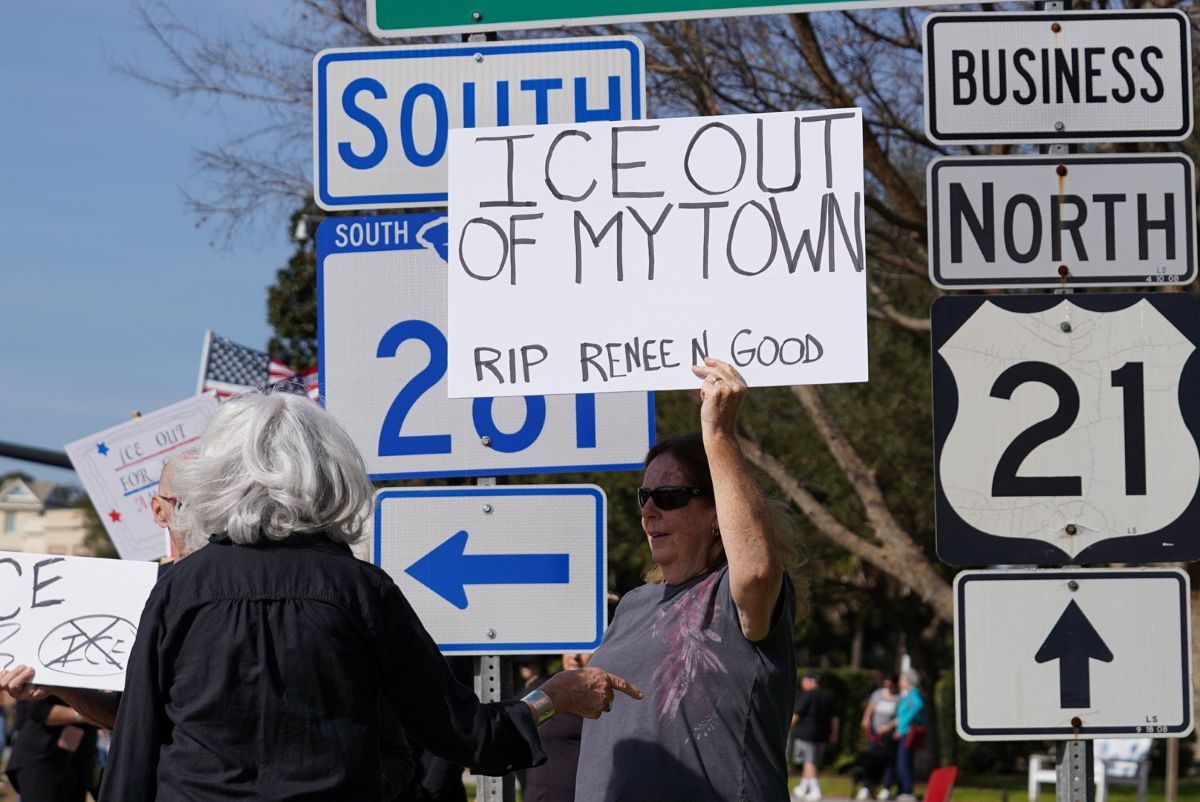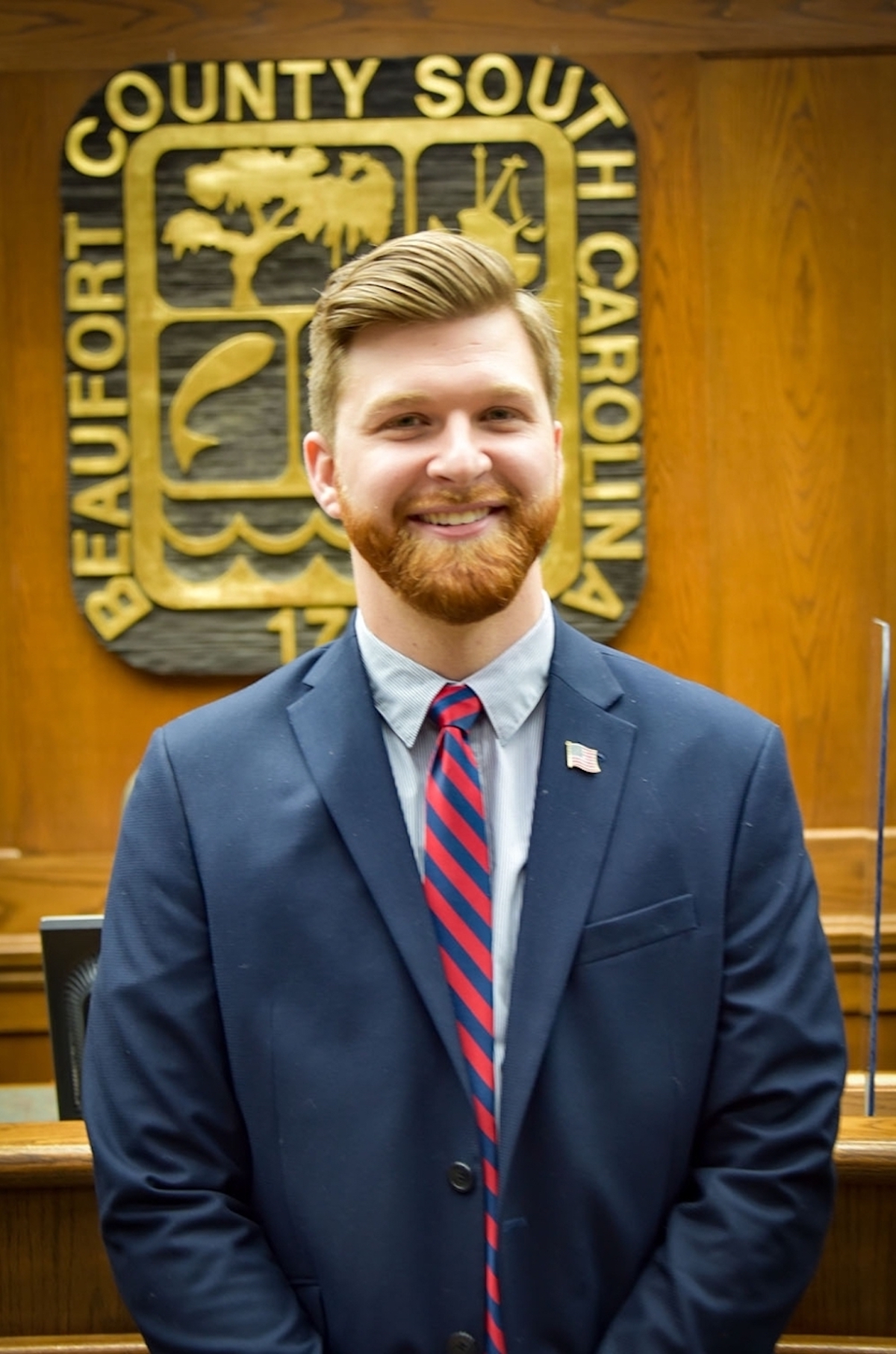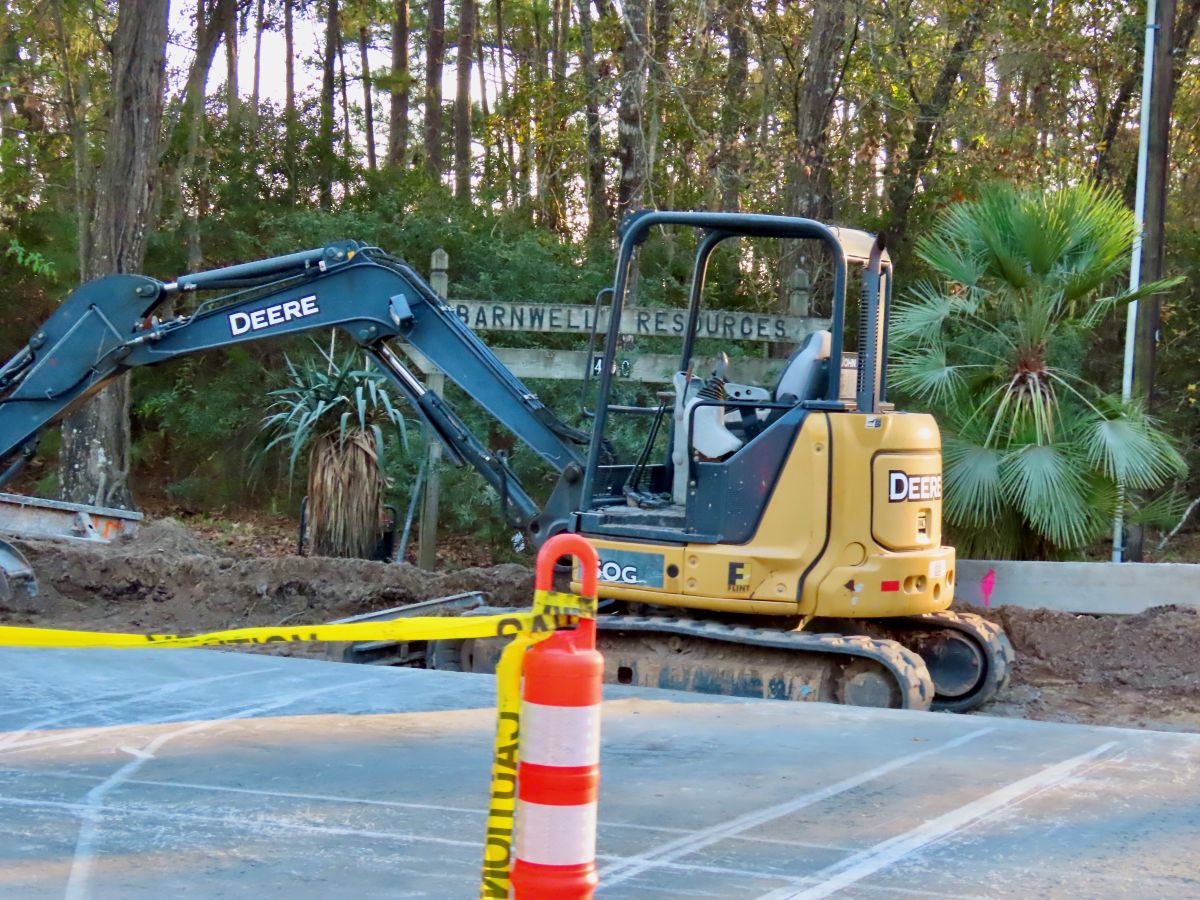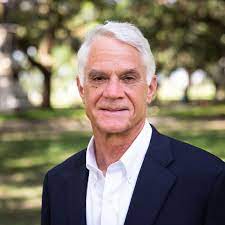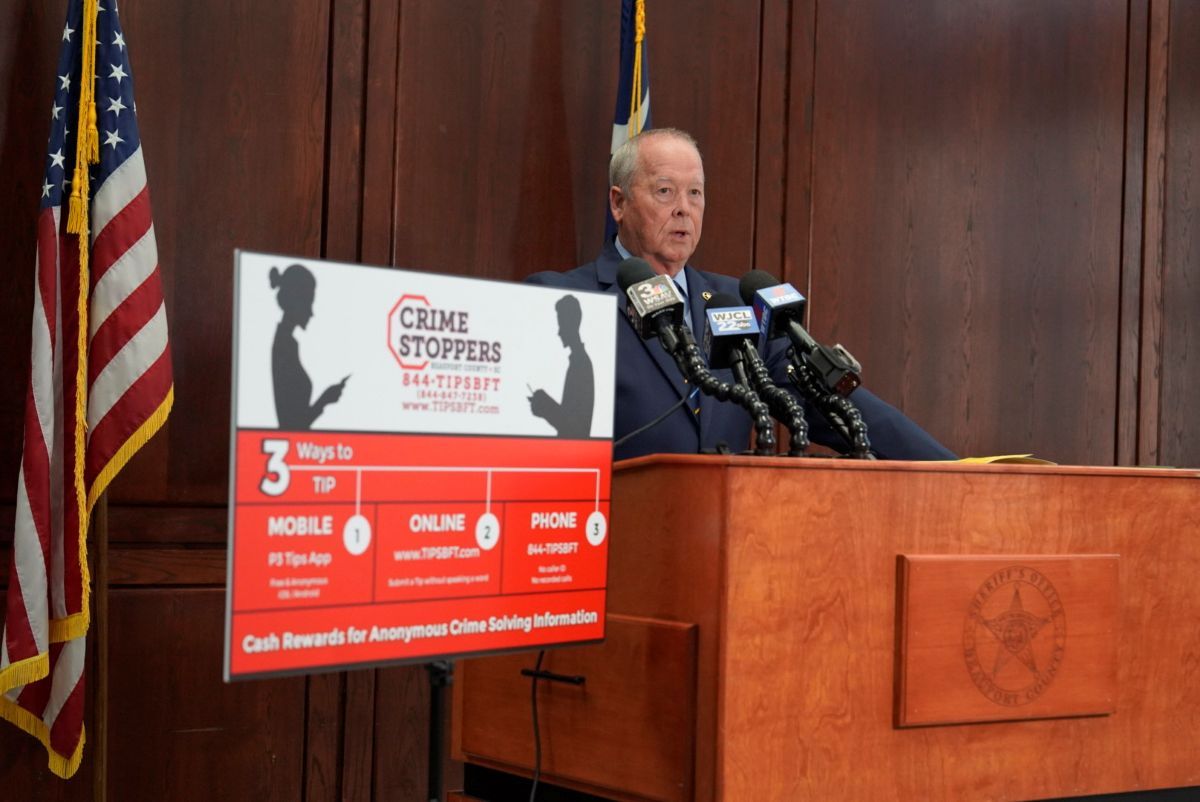Separate but similar legislation filed by SC’s Lindsey Graham, Congressional Democrats show compromise possible
By William Callicott
Last summer, the magnitude of climate change came home to us in South Carolina when raging wildfires in Canada sparked air pollution alerts across the entire eastern seaboard.
At the time I was getting around on a bicycle, riding up to 20 miles a day while commuting to class and work. For the duration of the alerts, I had no choice but to breathe the poor-quality air.
No, it didn’t kill me, but it had a noticeable effect on my lungs. It also made me think about how the effects of climate change are now increasingly on our doorsteps.
Unfortunately, more intense wildfires and their far-reaching air pollution are connected to a warming climate. Scientists are increasingly sounding the alarm about how an overheating world makes wildfires more likely and severe. Indeed, more than a third of areas charred by wildfires in the Western U.S. and Canada since 1986 can be traced back to carbon pollution from the world’s largest fossil fuel and cement companies.
South Carolina is not the only state weathering the consequences of climate extremes. In 2023, communities nationwide saw their lives impacted by unparalleled weather and climate events such as droughts, flooding, storms, and record precipitation. Scientists confirmed last year was the hottest year on record, and January 2024 also broke records as the hottest globally.

The events themselves are concerning enough. What’s worse? It’s happening because of the ongoing actions of big polluters, many of which are countries the U.S. conducts trade with. They’re pumping Earth’s atmosphere full of carbon pollution, leading to a warmer world and more extreme weather.
As individuals, we often have no choice but to drive a gas car to work or heat or cool our homes with fossil fuels so our families are comfortable. We can do our best to make climate-friendly choices, transitioning to clean energy and taking responsibility for reducing our individual carbon footprints.
But the carbon footprints of the world’s biggest polluters dwarf our own, and they must be held accountable. In short, polluters should pay.
It’s a simple idea — and most Americans already support it. A recent poll revealed that 76% of Americans think large polluters should pay for the destructive emissions that overheat the planet and tarnish our air. According to the 2023 Yale Climate Opinion Maps, 64% of people right here in South Carolina support taxing fossil fuel companies.
The same idea should hold true for our trading partners on the international stage.
And of course, America should do everything possible to reduce our country’s own carbon pollution. We’re heading in the right direction — U.S. emissions declined 1.9% in 2023 (Rhodium Group), and our economy produces fewer emissions during manufacturing than similar industries overseas.
Yet foreign polluters with lower environmental standards can undercut American manufacturers without penalty.
Increasingly, countries are moving to hold polluters accountable, often through trade. With 30% of global emissions presently generated by the production and transport of exported and imported goods, it’s a great place to start.
The E.U. and the U.K. have begun the process of imposing a carbon border adjustment mechanism (CBAM) to collect a fee at the border from high-polluting countries that undercut their domestic manufacturers with cheaper, carbon-heavy products.
This policy idea has bipartisan appeal in the U.S., too, since 75% of U.S. imports come from countries that produce more carbon pollution than the products we make here at home.
In November, South Carolina Sen. Lindsey Graham and his colleague Sen. Bill Cassidy, R-Louisiana, introduced the Foreign Pollution Fee Act. Just weeks later, Democrats in the House and Senate reintroduced the Clean Competition Act.
Both bills propose a fee on key materials such as aluminum, cement, iron and steel, and fossil fuels based on their carbon pollution. These policies would level the playing field by charging dirty importers for the difference between their high-emission products and our cleaner, domestic goods — and incentivize other countries to do better.
Both bills also include measures intended to exempt developing nations from some or all of the carbon price, to avoid damaging the economies of poorer countries that are not responsible for
most of the world’s carbon pollution.
It’s clear with a little compromise, legislators can introduce bipartisan CBAM policy that appeals to both sides of the aisle.
When big polluters get a free pass to harm the planet, they cost our health and our communities dearly. It’s time for them to pay a price.
William Callicott is a Clemson University student and volunteers with South Carolina chapters of Citizen’s Climate Lobby, a nonpartisan, grassroots organization advocating for common-sense climate solutions. Find out more at cclusa.org and follow the nonprofit on X/Twitter at @citizensclimate.


